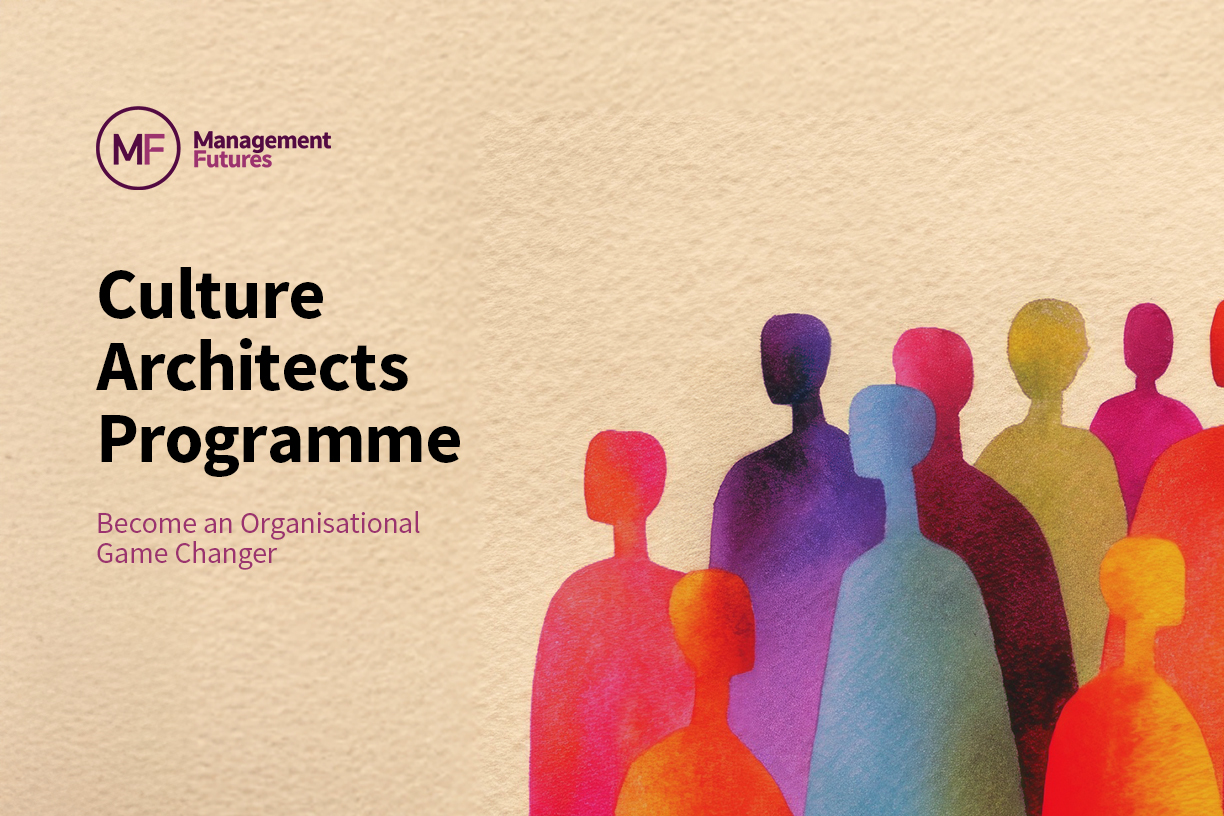MF's Head of Coaching, Julia Philpott, examines the challenges and opportunities associated with flexible working.
There’s no doubt that the enforced shift to working from home has got many of us thinking about flexible working and its implications for our organisations and teams.
So, what do we mean by flexible working?
A friend of mine works in the UK office of a traditional Korean company and last year they were celebrating their new flexible working policy. They had finally persuaded the Korean parent company to allow them to operate ‘core hours’ – everyone had to be in the office from 10am to 3:30pm but they could be flexible around start and finish times. Prior to Covid no home working was permitted and employees are now being encouraged back to the socially distanced office.
At the other end of the continuum, we have Schroders and Twitter who have told their employees they never have to return to the office in person again.
So flexible working is construed very differently in the context of different company cultures.
New approaches
Covid has undoubtedly opened our eyes to the possibility of working in a different place, and for many it has meant being flexible with working times – ‘tag-team parenting’ has certainly been a feature of lockdown working for some of the MF team.
Last year, a contact at a university Business School told me that they were struggling to fill a key management position until they opened up their minds to more flexible options. As soon as they advertised the role as a part-time job-share, they were inundated with high quality local candidates.
Many organisations will say that senior positions cannot be done through job-share. But then, six months ago we all thought it wouldn’t be possible for entire organisations to work from home...
We could challenge ourselves to think more openly and creatively about part-time working and job-sharing and there could be huge benefits in terms of attracting talent.
Challenges and opportunities
So ‘the flip side of Covid’ is that it has sparked our imagination for a different way of working in the future. However, there are challenges as well as opportunities associated with flexible working.
Here are a few examples that have come to light through research, anecdote and recent coaching experiences:
- The escalation of the ‘always on’ culture – A client who was receiving maternity coaching was so afraid of falling behind in her work that she took part in a virtual training course on her phone whilst attending her baby’s first scan. She acknowledged that this was her choice, but it highlights how employees need help to manage the boundaries between work and personal life.
- Exclusion of particular groups – Research shows that the ‘great rush back to the office’ has largely been enjoyed by men, as women are still typically the primary child-carer in the home. There’s a concern that working from an office – now that space is becoming limited – will attract more prestige. We know from the work of Harvey Coleman that 60% of our career success is a function of our Exposure. How do talented employees manage Exposure when working from home, especially when others are in the office? How do we make sure we are not creating even more barriers for those with caring responsibilities, whether female or male?
- “You can’t be part-time passionate” – a phrase that encapsulates the approach of a client I worked with recently. A Senior Leader in a global organisation they shared an ambition to only employ people who lived and breathed the company all the time: “I want them to want to get together at the weekends and talk about [company name] over the BBQ.” What if they work part-time? Or a job-share? What if they are totally passionate when they are ‘at work’ and don’t want to talk about it while having a BBQ with their friends? Having worked part-time while my children were small, I definitely noticed an attitude from my colleagues that somehow I didn’t care as much (which absolutely wasn’t true – I just cared equally about being a great mum).
- Leaving employees to manage the scope of work – Another client reported that she returned from maternity leave working four days a week but quickly reverted to full-time because, whilst part-time, she was effectively doing a full-time job and only being paid 80% of her salary. It’s important to be clear and realistic about objectives and expectations so that employees aren’t conflicted and don’t burn out (and organisations get what they need).
We are currently working with organisations who are grappling with many of these issues. We note that a company’s approach to managing flexible working may become a clue to their attitude towards other leadership issues, such as company culture, employee wellbeing, Diversity and Inclusion, and developing managers and leaders.
Universal solutions to these challenges are unlikely to succeed. Each of us must continue to ask the questions that inform tailored approaches. Questions like:
- What opportunities for flexible working (and that’s flexibility in place and time) has the Covid situation revealed for you and your organisations?
- How do we make flexible working work brilliantly, for our organisations and ALL team members?
- How do we help employees to set boundaries?
- How do we help managers monitor performance remotely?
- How do we build and foster trust between colleagues?
- How do we make it OK for more dads to stay at home?
- How do we encourage leaders to role-model flexible working?
- Who has the responsibility for making flexible working work?
Moving forward, flexible working – however it manifests itself within an organisation’s context and culture – needs to be a company strategy rather than just a policy.
It looks like it’s here to stay.
Click here to find out more about how we use high performance insights to help organisations develop leadership, culture and teamwork.







